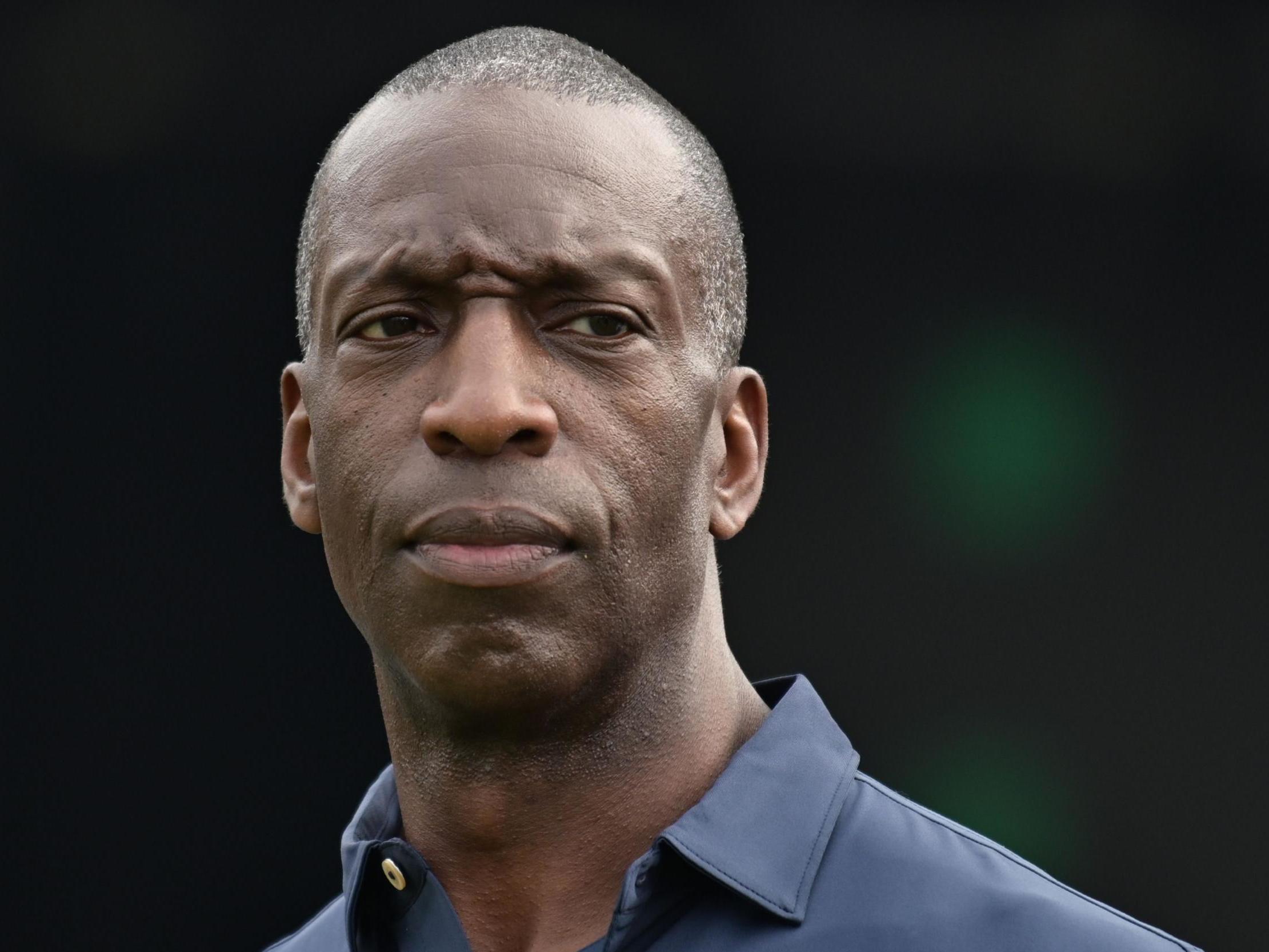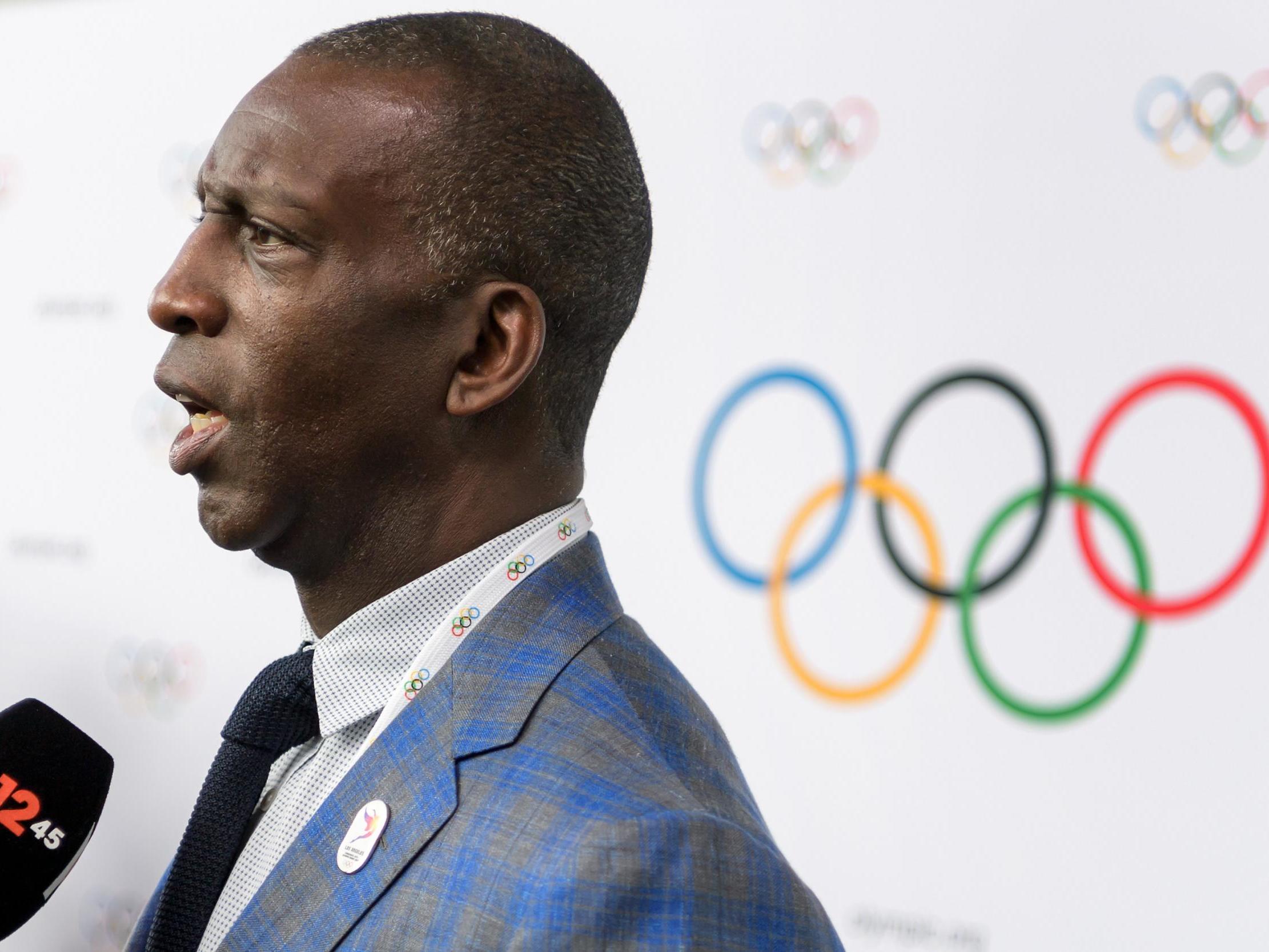Michael Johnson describes ‘very strange sensation’ after suffering stroke last year
The four-time Olympic champion is looking to spread awareness after suffering the health scare despite remaining physically active in retirement

Champion Olympic sprinter Michael Johnson has minor lingering effects from a stroke, but has made an excellent overall recovery and is urging others to be aware of the symptoms that could indicate they are enduring a similar episode.
Johnson, who has remained physically active since retiring from the track in 2000, had the stroke last September, showing that being physically fit is no guarantee of avoiding the condition.
The 51-year-old American is now partnering with the American Stroke Association on a stroke prevention education campaign.
Doctors credit Johnson’s recovery partly to the fact that he sought medical help immediately upon experiencing some discomfort after a “normal” exercise session, though at the time he did not know it was a stroke.
“After that workout I began experiencing a very strange sensation,” he said in an interview with Reuters TV.
“I had a weakness in my left leg and a lack of co-ordination and also a tingling and a numbness in my left arm.
“I made the decision to go to the emergency room and not because I was experiencing any discomfort or pain or even knew that I was having a stroke but just out of caution and ultimately that turned out to be the right decision because ultimately I was diagnosed with having a stroke.”
A stroke can happen to anyone at any time and occurs when blood flow to an area of the brain is cut off.
“What I’ve learned since having this is that a stroke can happen to anyone and it happened to me,” he said.
Johnson was the star of the 1996 Olympic athletics in Atlanta when he became the first male runner to win the 200 and 400 metres double, the former in world record time.
He also won the 400 four years later in Sydney, becoming the only man to retain his title in the event at the Olympics.

Although the days when he could cover a lap of the track in less than 44 seconds are long gone, Johnson is grateful the stroke did not cause greater permanent damage.
“The only symptoms I have are just some numbness on the left side of my hand and my left pinky finger and some numbness on the bottom of my foot but other than that I’m back to running,” he said.
“Not as fast as when I was competing in the Olympics but I wasn’t running that fast before the stroke either.”
Join our commenting forum
Join thought-provoking conversations, follow other Independent readers and see their replies
Comments
Bookmark popover
Removed from bookmarks